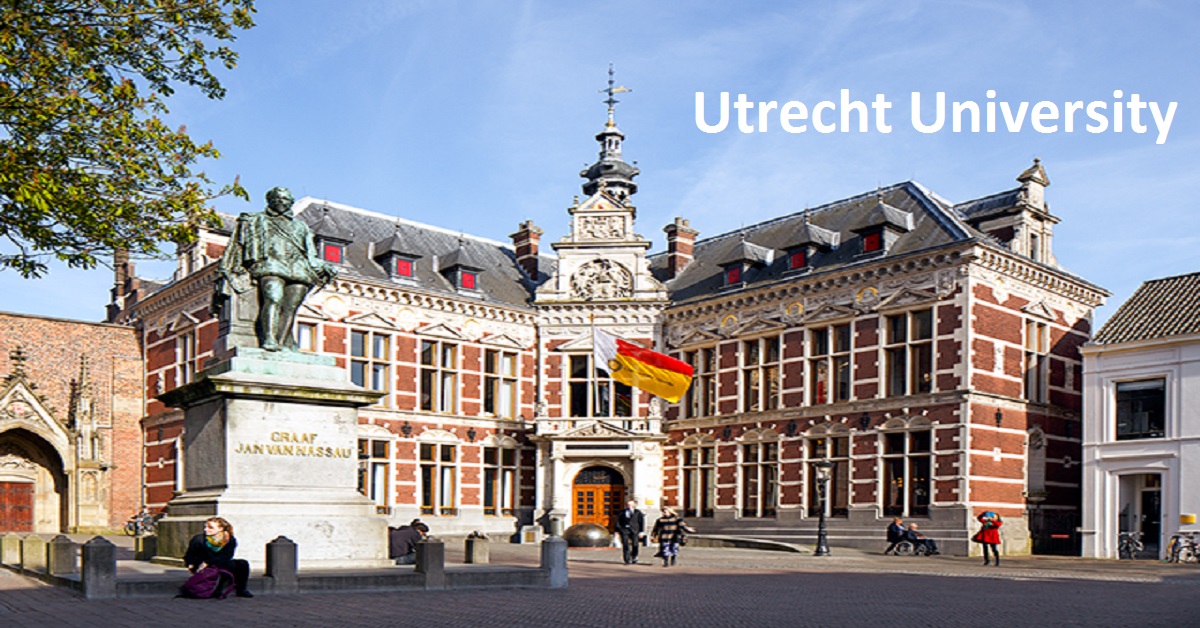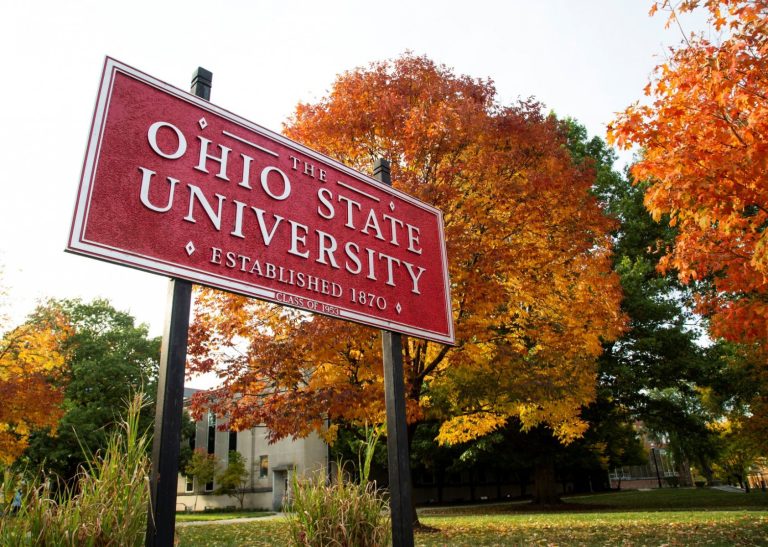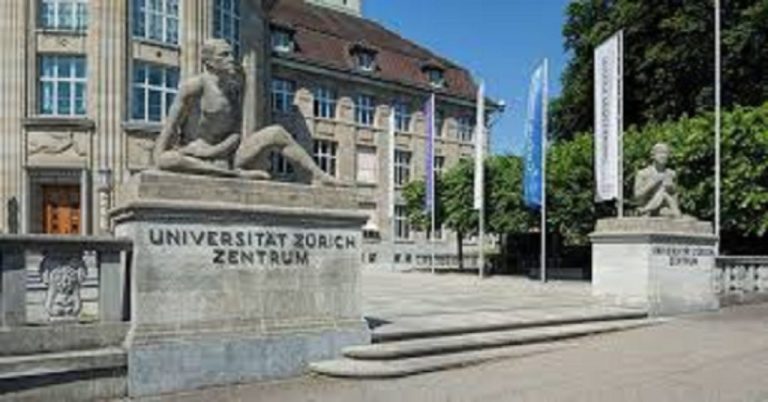
This PhD project is part of an NWO-funded KiC project: ‘Responsible Scaling of Data-driven Approaches for Enhancing Mental Healthcare’. You will collaborate with UMC Utrecht, as well as external partners including InfoSupport, E-health academy, Diabetesfonds, mental health institutes, MIND, and De Nederlandse GGZ. The Social and Affective Computing group conducts research into multimodal analysis of human behaviour and affect, and in responsible ways of computer-based analysis in mental healthcare.
Your job
As a PhD candidate you will develop responsible algorithms (fair, explainable and privacy preserving) to address clinical treatment questions such as those related to depression, mental health and diabetes.
In this project, we will use both structured and unstructured data from the clinical health records of (adult) patients stored in the e-health modules. By applying machine learning techniques in a federated, explainable and fair manner, we aim to responsibly identify patient profiles during different stages of the treatment trajectory that are associated with responses to specific treatment choices. The outcome is the development of novel, responsible algorithms and models that provide insights into which treatments produce what results for which patients.
Our work in the Social and Affective Computing group is highly interdisciplinary. In the affective computing domain, we collaborate intensively with academics and practitioners as well as institutions in psychology, psychiatry, and linguistics. In the social computing domain this ranges from sociology to international law and politics. This PhD position is the result of both political (e.g., the recently approved EU AI law), social and technological developments that require accountability, fairness and transparency of critical algorithms.
Your qualities
We are looking for collaborative candidates who have:
- a Master’s degree in computer science/engineering, artificial intelligence, mathematics, or a related field;
- interest or experience with processing of audio/acoustics, vision/video or natural language data;
- excellent machine learning skills, with a track record of coding in high-level scripting languages such as MATLAB, python or R;
- demonstrable coding skills in GPU-accelerated programming, such as using PyTorch library;
- comfort in doing multidisciplinary research and interacting with important stakeholders;
- curiosity on societal issues and how AI can be employed for the benefit of the public;
- eagerness to conduct innovative and thorough research;
- excellent English oral and writing skills.
We value candidates with a strong interest in research in affective computing.
Gender balance specifically, and diversity in a broader sense are very important to the Department. Hence, we encourage applications from women and individuals from diverse backgrounds.
Our offer
We offer:
- a position for four years;
- a gross monthly salary between €2,872 and €3,670 in the case of full-time employment (salary scale P under the Collective Labour Agreement for Dutch Universities (CAO NU));
- 8% holiday pay and 8.3% year-end bonus;
- a pension scheme, partially paid parental leave and flexible terms of employment based on the CAO NU.
In addition to the terms of employment
laid down in the CAO NU, Utrecht University has a number of schemes and facilities of its own for employees. This includes schemes facilitating professional development
external link, leave schemes and schemes for sports and cultural activities external link, as well as discounts on software and other IT products. We also offer access to additional employee benefits through our Terms of Employment Options Model. In this way, we encourage our employees to continue to invest in their growth. For more information, please visit Working at Utrecht University external link.
About us
A better future for everyone. This ambition motivates our scientists in executing their leading research and inspiring teaching. At Utrecht University
, the various disciplines collaborate intensively towards major strategic themes
external link. Our focus is on Dynamics of Youth, Institutions for Open Societies, Life Sciences and Pathways to Sustainability. Sharing science, shaping tomorrow external link.
Working at the Faculty of Science
means bringing together inspiring people across disciplines and with a variety of perspectives and backgrounds. The Faculty
external link has six departments: Biology, Pharmaceutical Sciences, Information & Computing Sciences, Physics, Chemistry and Mathematics. Together, we external link work on excellent research and inspiring education. We do so, driven by curiosity and supported by outstanding infrastructure. Visit us on LinkedIn external link and discover how you can become part of our community.
The Department of Information and Computing Sciences (ICS) is nationally and internationally renowned for its fundamental and applied research in computer science and information science. In our constantly changing (digital) society, we are continually looking for new, realistic ways to push the boundaries of both science and societal application. We contribute to innovative information technologies through the development and application of new concepts, theories, algorithms, and software methods. With our expertise, we nourish a wide range of interdisciplinary and societal collaboration initiatives.
Our department comprises four divisions, namely, Algorithms
external link, Interaction external link and Software external link. The divisions are composed of research groups. The Social and Affective Computing external link group is part of the Interaction division. We develop novel techniques to research technology-mediated communication and interaction between people, and communication and interaction between systems and people (users). We process multimodal signals such as audio, video, spoken language and physiological signals to understand human affect, behaviour and interactions.
More information
For more information, please contact Dr Heysem Kaya
at h.kaya@uu.nl.
Do you have a question about the application procedure? Please send an email to science.recruitment@uu.nl.
Apply now
As Utrecht University, we want to be a home
for everyone. We value staff with diverse backgrounds, perspectives and identities, including cultural, religious or ethnic background, gender, sexual orientation, disability or age. We strive to create a safe and inclusive environment in which everyone can flourish and contribute.
If you are enthusiastic about this position, just apply via the ‘Apply now’ button. Please enclose:
- your letter of motivation;
- your curriculum vitae;
- the names, telephone numbers, and email addresses of at least two references.
If this specific opportunity isn’t for you, but you know someone else who may be interested, please forward this vacancy to them.
Some connections are fundamental – Be one of them
#FundamentalConnection
The application deadline is 2 December 2024.



